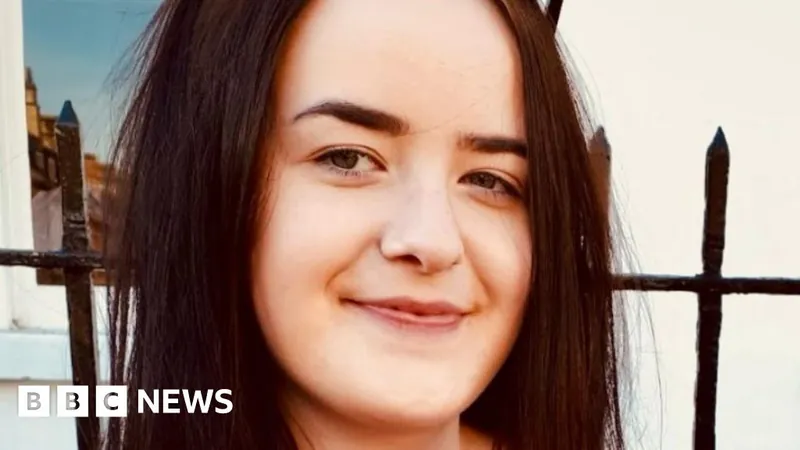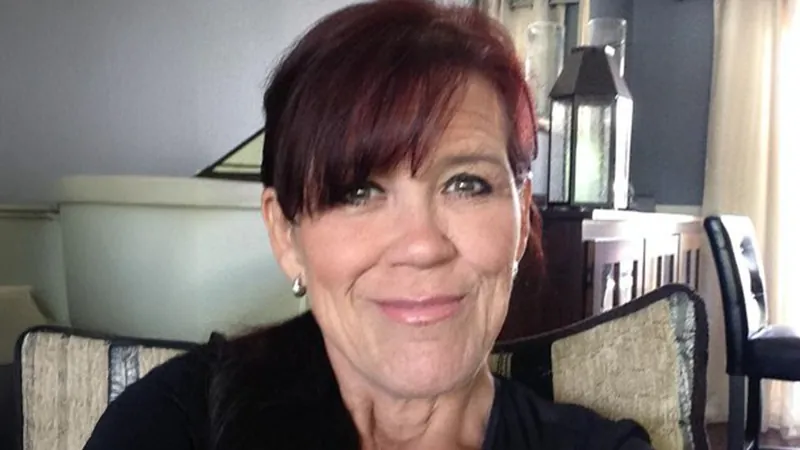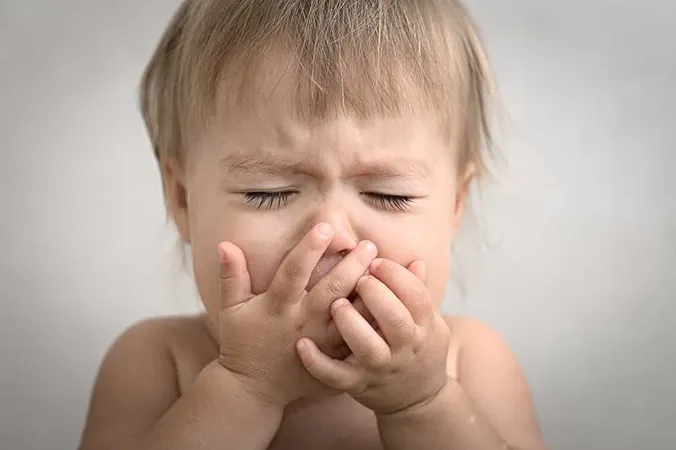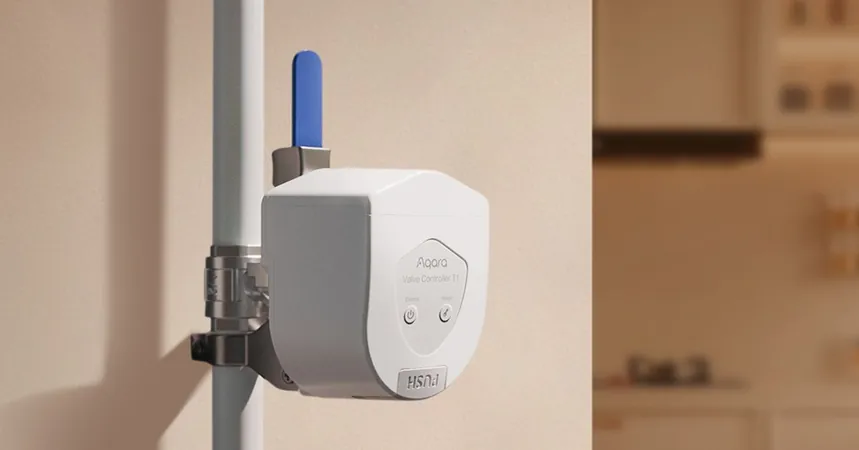
Is Fertility Really Worth More Than My Quality of Life? The Struggle Against Endometriosis
2024-11-17
Author: Amelia
Introduction
Emily Griffiths, a 26-year-old from Carmarthenshire, is fighting a battle many women face silently. For over a decade, debilitating pain from endometriosis and adenomyosis has left her homebound and yearning for relief. Despite battling through a world of misunderstandings and stigmas, Emily now feels cornered by the very medical system designed to help her.
The Personal Struggle
“I want my womb removed,” Emily insists, referring to a hysterectomy. It's an operation she hopes will alleviate her pain and drastically improve her quality of life. However, she encounters resistance because doctors often prioritize her future fertility over addressing her current suffering. "They’re too busy planning ahead for the child I might want in the future and can't see where I am right now," she explains.
Early Health Issues
Emily’s health struggles began at just 12 years old, with periods so painful that she frequently missed school and developed anemia. Despite her relentless pain, doctors dismissed her concerns, insisting it was merely in her head. It wasn't until she collapsed with sepsis at age 21 that she finally received a diagnosis of endometriosis.
Seeking Help
After an agonizing wait without adequate support, Emily resorted to private healthcare for surgery. She says she’s seen numerous private specialists but still feels abandoned by the public health system. “It’s an uphill battle, and I’ve lost count of how many doctors have brushed aside my pain,” she recounts.
Complex Decisions
Though a hysterectomy can temporarily halt some forms of discomfort, it also leaves her infertile and threatens to usher in early menopause, increasing risks of osteoporosis, heart disease, and even dementia. Ironically, she’s been on a monthly injection to induce menopause that has already caused her bone density to decline, leading to possibly graver health issues down the line.
Medical Options
A hysterectomy is just one option for addressing these conditions; however, it’s a complex procedure. It doesn’t necessarily eliminate endometriosis, which has already spread across her ovaries, bladder, and bowel. While medical guidelines include it as a treatment option, Emily feels that her personal struggles are overlooked.
Societal Expectations
A common narrative she’s received is that she might change her mind about fertility in the future. “Fertility has been placed way above any of my illnesses and what I’m going through,” she continues. Suggestions like yoga or running seem unrealistic, given her mobility challenges; it’s infuriating to her.
Advocacy Efforts
Empowered by her experiences, Emily has become an advocate for those suffering from similar conditions. Her efforts to raise awareness have garnered recognition from the King and the Princess of Wales, which serves as a glimmer of hope amidst her dark days.
Healthcare System Challenges
The reality is stark: there are only two accredited NHS endometriosis centers in Wales. While doctors and politicians discuss women's health initiatives, Emily feels she’s caught in a system that not only ignores her but thrives on outdated views of women's bodies. The Welsh government’s plans for women's health are projected for a ten-year rollout, too late for Emily and many others already suffering.
Conclusion
As we contemplate Emily’s story, one must ask: when does the narrative surrounding a woman's fertility interfere with her basic human right to alleviate suffering? For Emily, that question remains as urgent as ever. With the health service pressed for resources, she is left navigating a labyrinth of priorities—her own health and well-being overshadowed by societal expectations about motherhood. The life-altering decisions surrounding women’s health deserve immediate reform and empathy. As more voices like Emily’s rise to the surface, perhaps we can shift the discourse to prioritize quality of life over traditional notions of fertility. The future of women’s healthcare should empower their choices today rather than limit them by outdated beliefs about tomorrow.









 Brasil (PT)
Brasil (PT)
 Canada (EN)
Canada (EN)
 Chile (ES)
Chile (ES)
 España (ES)
España (ES)
 France (FR)
France (FR)
 Hong Kong (EN)
Hong Kong (EN)
 Italia (IT)
Italia (IT)
 日本 (JA)
日本 (JA)
 Magyarország (HU)
Magyarország (HU)
 Norge (NO)
Norge (NO)
 Polska (PL)
Polska (PL)
 Schweiz (DE)
Schweiz (DE)
 Singapore (EN)
Singapore (EN)
 Sverige (SV)
Sverige (SV)
 Suomi (FI)
Suomi (FI)
 Türkiye (TR)
Türkiye (TR)